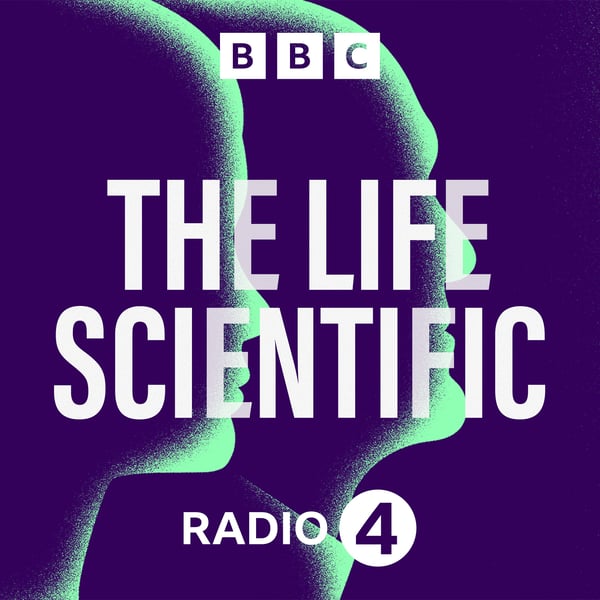Callum Roberts on the urgent need for marine conservation
The Life Scientific
BBC
4.6 • 1.4K Ratings
🗓️ 1 May 2018
⏱️ 28 minutes
🧾️ Download transcript
Summary
Transcript
Click on a timestamp to play from that location
| 0:00.0 | Hey, it's Doleepa, and I'm at your service. |
| 0:04.7 | Join me as I serve up personal conversations with my sensational guests. |
| 0:08.8 | Do a leap interviews, Tim Cook. |
| 0:11.2 | Technology doesn't want to be good or bad. |
| 0:15.0 | It's in the hands of the creator. |
| 0:16.7 | It's not every day that I have the CEO of the world's biggest company in my living room. |
| 0:20.7 | If you're looking at your phone more than you're looking in someone's eyes, |
| 0:24.7 | you're doing the wrong thing. |
| 0:25.9 | Julie, at your service. Listen to all episodes on BBC Sales. |
| 0:30.3 | Hello, I'm Jim Elkulele and this is the podcast of the quite excellent life scientific. |
| 0:36.0 | If you enjoyed Blue Planet 2, you're going to love this. |
| 0:40.0 | Marine biologist Callum Roberts learned to dive in a leaky wetsu in the North Sea. |
| 0:46.0 | From there he graduated to coral reefs. |
| 0:49.0 | And just when he thought it couldn't get any better, his eyes were opened wider still to the extraordinary |
| 0:54.4 | diversity of marine life that exists in some isolated areas of the Caribbean. |
| 0:59.8 | He wrote a groundbreaking paper in 1991 about the benefits of marine reserves, not just for conservation, but also for fishing. |
| 1:07.0 | In 2001 he proved that it is possible to have our fish and eat them. It was a radical suggestion. He's carried out |
| 1:15.5 | countless studies of marine reserves, but his involvement doesn't stop there. |
| 1:18.9 | For the last 20 years he's presented scientific evidence to governments, NGOs and international |
| 1:24.5 | organizations desperate to make sure that we do what we can to protect our oceans. |
| 1:29.2 | Aiming to simply maintain existing fish stocks in their current state is, he says, woefully inadequate. |
| 1:36.5 | A few centuries ago there were pilchards off the coast of Cornwall to rival anything you may have seen |
... |
Please login to see the full transcript.
Disclaimer: The podcast and artwork embedded on this page are from BBC, and are the property of its owner and not affiliated with or endorsed by Tapesearch.
Generated transcripts are the property of BBC and are distributed freely under the Fair Use doctrine. Transcripts generated by Tapesearch are not guaranteed to be accurate.
Copyright © Tapesearch 2025.

